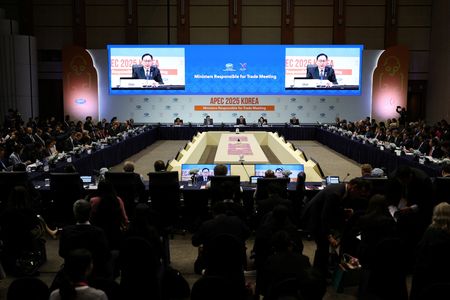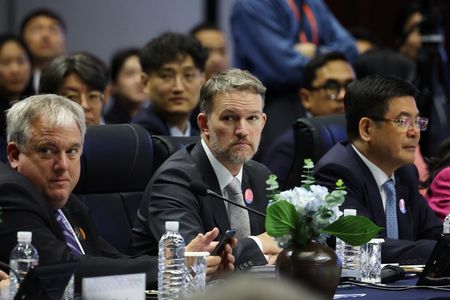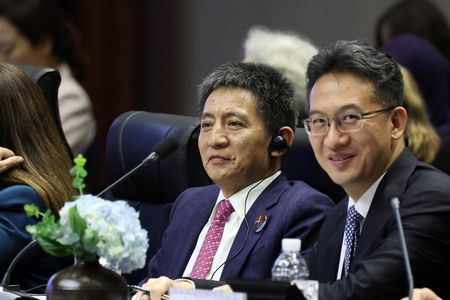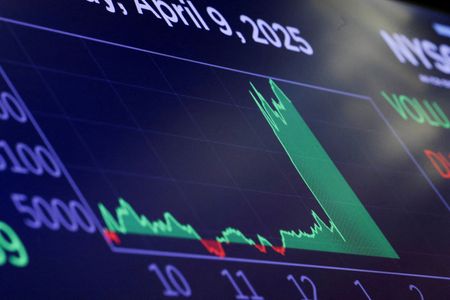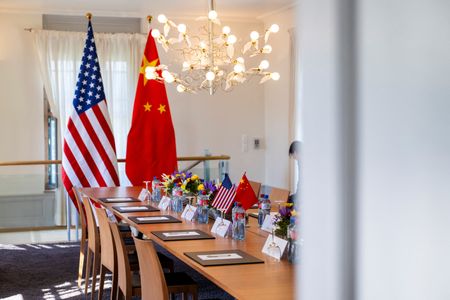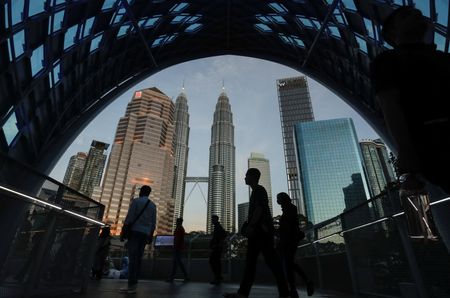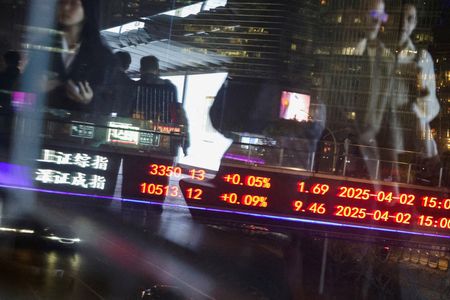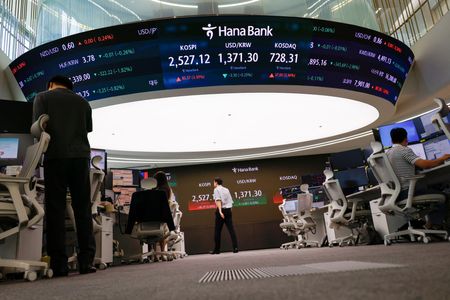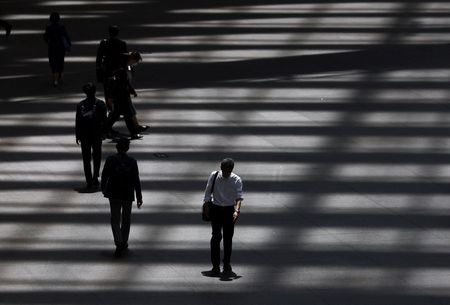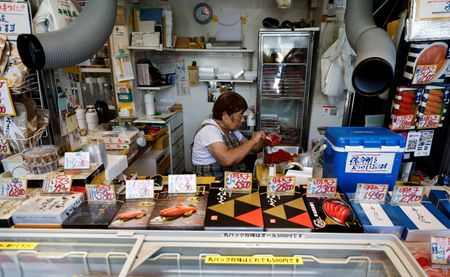By Jihoon Lee
SEOGWIPO, South Korea (Reuters) -The Asia-Pacific Economic Cooperation’s trade gathering adopted a joint statement on Friday that cited “fundamental challenges” facing the global trading system, after a meeting in South Korea overshadowed by divisions on U.S. tariffs.
The annual meeting is the first major multilateral trade gathering since U.S. President Donald Trump’s announcement of sweeping tariffs that hit more than half of the 21 members of the bloc with U.S. import duties in excess of the 10% minimum.
“We are concerned with the fundamental challenges faced by the global trading system,” APEC members said in the joint statement.
They also said they remained committed to APEC as the main forum for regional economic cooperation and to address the economic challenges facing the Asia-Pacific region.
The statement expressed support for the continued role of the World Trade Organization.
“We recognise the importance of the WTO to advance trade issues, and acknowledge the agreed-upon rules in the WTO as an integral part of the global trading system.”
The Trump administration views the WTO as a body that has enabled China to gain an unfair export advantage and has recently moved to pause U.S. funding to the institution.
APEC warned at the start of the meeting that exports from a region that accounts for around half of world trade would slow sharply this year in the wake of the U.S. tariffs.
Some top diplomats from member countries were sceptical that they would be able to adopt a joint statement, although they said South Korea Minister for Trade Cheong In-kyo had pushed hard for some consensus.
“There was new momentum created through these meetings to overcome a difficult situation … as APEC urged a trans-regional effort to break through uncertainties engulfing the global economy,” Cheong told a briefing.
The adoption of a joint statement follows the failure to reach a joint communique at a Group of 20 meeting of finance ministers and central bankers in Cape Town in February, after top officials from several countries, including the United States, skipped it.
Cheong said there was no “official” discussion on a joint response to U.S. tariffs.
“But, from our standpoint, it is difficult to jointly respond because each country is in a completely different situation,” he said.
BILATERAL MEETINGS
For many of the member economies, the attendance of U.S. Trade Representative Jamieson Greer raised the stakes of the conference held on South Korea’s Jeju Island, ahead of a leaders’ summit scheduled later in the year.
On the first day, many, if not all, of the representatives had or sought a meeting with Greer, according to host country officials.
Greer held talks with China’s Vice Commerce Minister Li Chenggang on Thursday, less than a week after their first face-to-face talks in Geneva on May 10-11, where they agreed to significantly lower tariffs for 90 days.
Beijing’s commerce ministry spokesperson, He Yongqian, told a press conference that China was always open to resolving economic and trade relations with the United States through offline communication, but gave no details on the latest talks.
Greer also met South Korea’s Cheong, three weeks after Seoul and Washington held their opening round of trade talks, and Malaysian Trade Minister Tengku Zafrul Aziz, who expressed optimism after Thursday’s meeting, his second one in two weeks.
(Reporting by Jihoon Lee in Seogwipo; Writing by Ed Davies; Editing by Jack Kim, Lincoln Feast and Tom Hogue)

